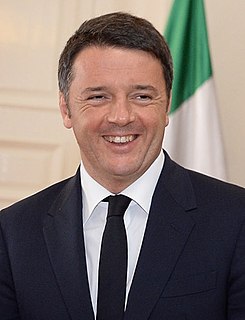A Quote by Mary Ritter Beard
The interactions of business and culture, one upon the other, form one of the least explored phases of history. For such a study, no city would appear better fixed than Florence, so richly dowered with both economic and spiritual vitality.
Related Quotes
Beyond natural history Other biological sciences take up the study at other levels of organization: dissecting the individual into organs and tissues and seeing how these work together, as in physiology; reaching down still further to the level of cells, as in cytology; and reaching the final biological level with the study of living molecules and their interactions, as in biochemistry. No one of these levels can be considered as more important than any other.
If it were possible adequately to present the whole of a culture, stressing every aspect exactly as appears in the culture itself, no single detail would appear bizarre or strange or arbitrary to the reader, but rather the details would all appear natural and reasonable as they do to the natives who have lived all their lives within the culture.
Within the universe of the extraordinary, those qualities we designate to human concepts of gender are often shared, exchanged, or even completely obliterated. Because of this mixture of traits, these twins called Genius and Madness often appear to be the same thing. They both have a tendency to blur the lines of what we call norms, or established reality. They both, when we study that grand tapestry known as history and modern-day society, tend to stand out in much bolder relief than other figures. -- from Dancing with Madness, Dancing with Genius
Like every man who appears at an epoch which is historical and rendered famous by his works, Jesus Christ has a history, a history which the church and the world possess, and which, surrounded by countless memorials, has at least the same authenticity as any other history formed in the same countries, amidst the same peoples and in the same times. As, then, if I would study the lives of Brutus and Cassius, I should calmly open Plutarch, I open the Gospel to study Jesus Christ, and I do so with the same composure.
The early pioneers of both wellness and network marketing were motivated by the sense that it was possible to create a better life than the conventional routes offered - better personal health and better economic health, respectively. Now the 'alternatives' of yesterday have become the economic powerhouses of today and tomorrow.
One of the unfortunate consequences of the intellectualization of man's spiritual life was that the word "spirit" was lost and replaced by mind or intellect, and that the element of vitality which is present in "spirit" was separated and interpreted as an independent biological force. Man was divided into a bloodless intellect and a meaningless vitality. The middle ground between them, the spiritual soul, in which vitality and intentionality are united, was dropped.








































